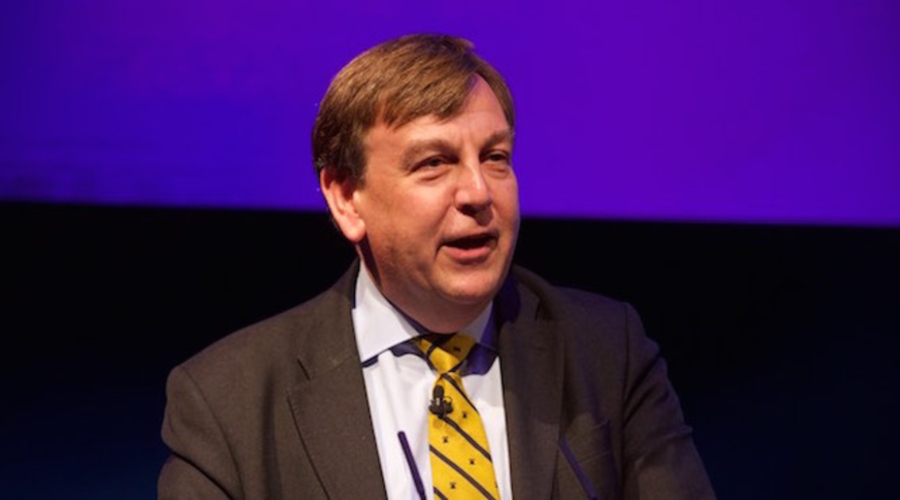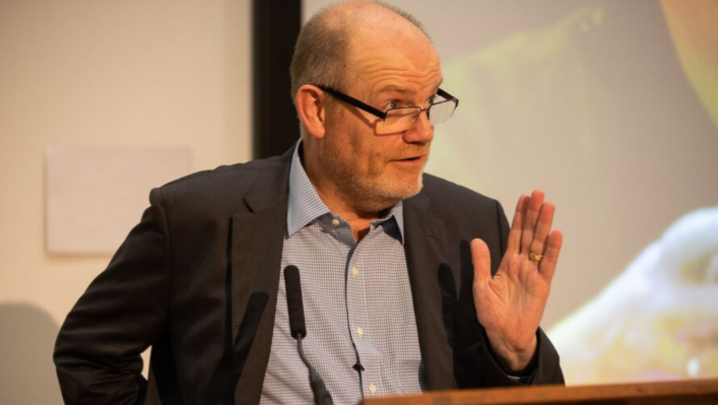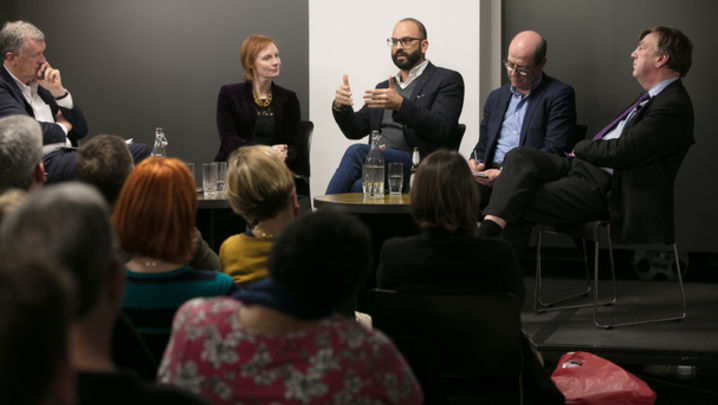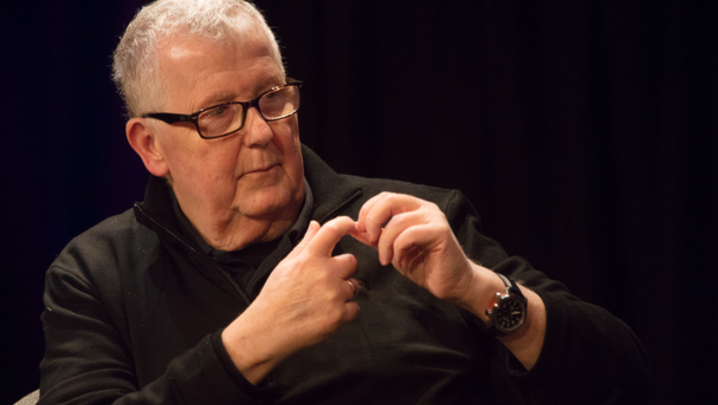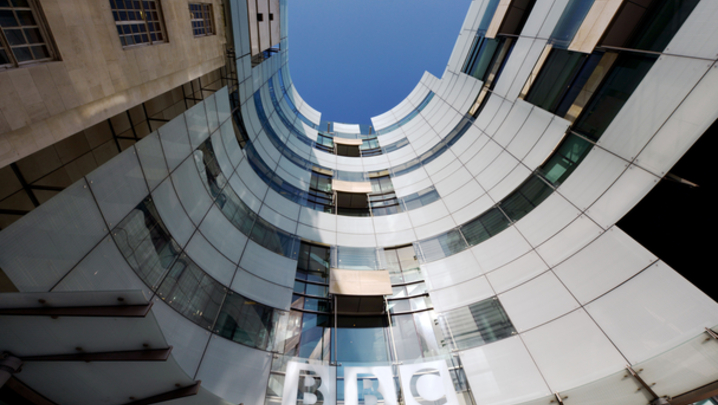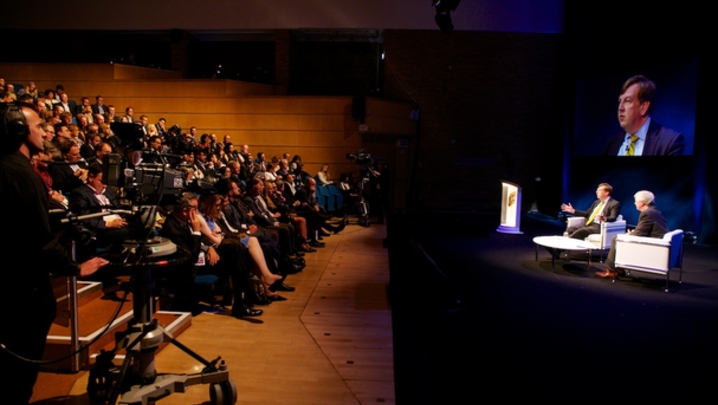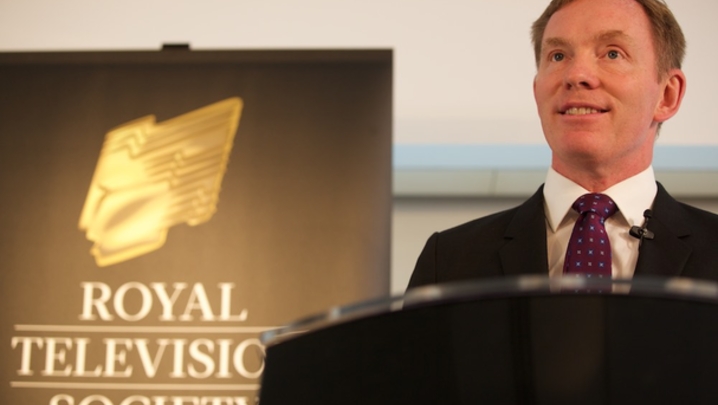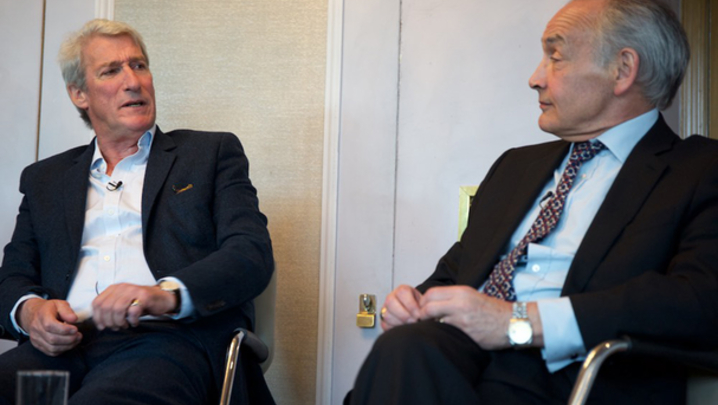A debate held by Radio 4's The Media Show demonstrated that the BBC licence fee is still a contentious issue
The level of threat the BBC is under in the run-up to Charter Renewal is in danger of being exaggerated, former BBC Director-General Greg Dyke told Radio 4’s The Media Show.
Dyke was part of a panel discussing the future of the broadcaster, and added that it would be a “terrible mistake” for the BBC to stop making popular shows such as Strictly Come Dancing.
The debate, which also featured a pre-recorded interview with Culture Secretary John Whittingdale, covered some of the biggest issues facing the broadcaster at present, from how the BBC should be funded, to the extent of its coverage across various platforms.
Conservative MP Andrew Bridgen, who has been a vocal proponent of decriminalising the licence fee, said BBC television content should shift to subscription funding “as soon as possible.” He conceded that this would not work for the corporation’s radio stations, recommending that they could be financed by adding “about £30” to council tax.
John Whittingdale told Steve Hewlett that the announcement in July that the BBC would take on the £700m cost of the licence fee for over 75s was “not the licence fee settlement.”
He added the government had made it clear that the decision about the future level of the licence fee is connected with the review of the BBC charter.
“The decision taken in July was about the necessity of getting down the amount of government spending, particularly in the welfare budget, and it was the case that the DWP [Department for Work and Pensions] was having to write, every year, a very big cheque to the BBC to compensate them for free TV licences for those over 75.”
He refuted Hewlett’s claims that by making this decision with chancellor George Osborne behind closed doors, he had gone against his own recommendations of having an open discussion about charter renewal and the licence fee, reiterating that the future level of the fee was still an “open question”.
Panellist Richard Ayre, senior member of the BBC Trust, was keen to point out the public is more in favour of the licence fee than they were a decade ago, with 53% indicating that they would prefer the licence fee to a subscription service.
Meanwhile David Elstein, executive producer at Portobello Films and chairman of website Open Democracy, was of the opinion that the BBC would be better placed to make programmes through a voluntary subscription, but admitted it would still need provide some publically-funded content.
With the current Royal Charter not set to expire until December 2016, the debate over the BBC in the next ten years will continue to be a point of contention within the industry.
The Media Show’s Future of the BBC debate is available to listen to now.

